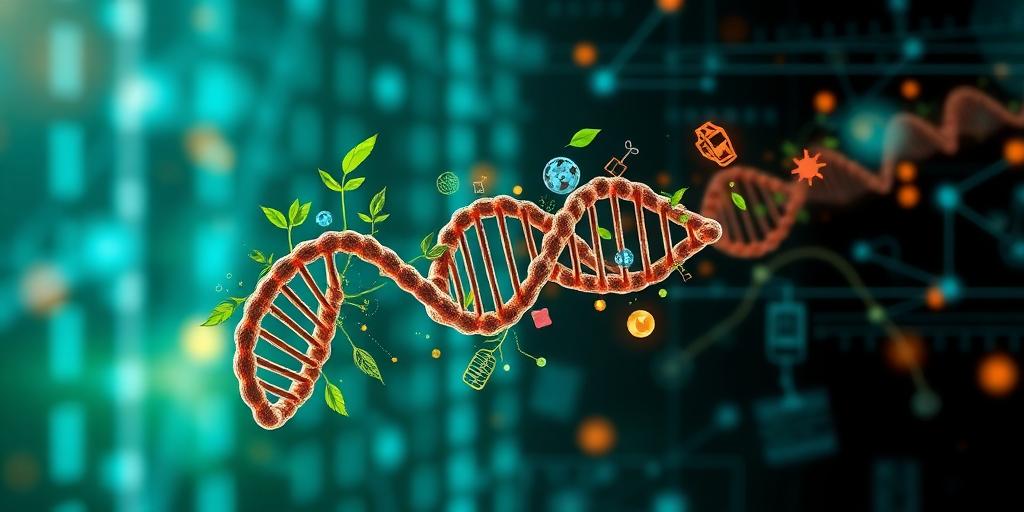Biotechnology is revolutionizing healthcare, agriculture, and environmental science. Let's embark on a deep dive into the world of biotech advancements, exploring the innovative technologies and their transformative impact.
What is Biotechnology? Biotechnology harnesses cellular and biomolecular processes to develop technologies and products that improve our lives and the health of our planet. From gene editing to personalized medicine, biotech is at the forefront of scientific progress.
Key Areas of Biotech Advancements:
- Genomics: The study of genes and their functions, enabling personalized medicine and targeted therapies.
- Proteomics: Analyzing the structure and function of proteins to identify drug targets and biomarkers.
- Synthetic Biology: Designing and constructing new biological parts, devices, and systems for various applications.
- Genetic Engineering: Modifying an organism's genes to create desired traits, such as disease resistance in crops.
- Biomanufacturing: Using biological systems to produce industrial materials and pharmaceuticals.
Impact on Healthcare: Biotech advancements are revolutionizing healthcare through:
- Personalized Medicine: Tailoring treatments to an individual's genetic makeup for better outcomes.
- Gene Therapy: Correcting genetic defects to treat or cure diseases.
- Biopharmaceuticals: Developing innovative drugs and vaccines using biological sources.
- Diagnostics: Creating advanced tools for early disease detection and monitoring.
Agricultural Innovations: Biotechnology is transforming agriculture by:
- Genetically Modified Crops: Enhancing crop yields, nutritional value, and resistance to pests and diseases.
- Biopesticides: Developing environmentally friendly alternatives to chemical pesticides.
- Precision Agriculture: Using data and technology to optimize farming practices and reduce waste.
Environmental Applications: Biotech plays a crucial role in environmental conservation through:
- Bioremediation: Using microorganisms to clean up pollutants and restore ecosystems.
- Biofuels: Producing sustainable energy sources from renewable biomass.
- Biosensors: Monitoring environmental conditions and detecting contaminants.
Challenges and Ethical Considerations: While biotech offers immense potential, it also raises important ethical considerations:
- Safety: Ensuring the safety of genetically modified organisms and biopharmaceuticals.
- Equity: Addressing concerns about access to biotech innovations and potential disparities.
- Regulation: Establishing appropriate regulations to govern the development and use of biotech technologies.
Conclusion: Biotech advancements are driving innovation across various sectors, promising to address some of the world's most pressing challenges. As we continue to unlock the potential of biological systems, it is crucial to proceed responsibly and ethically to ensure that these technologies benefit all of humanity.









